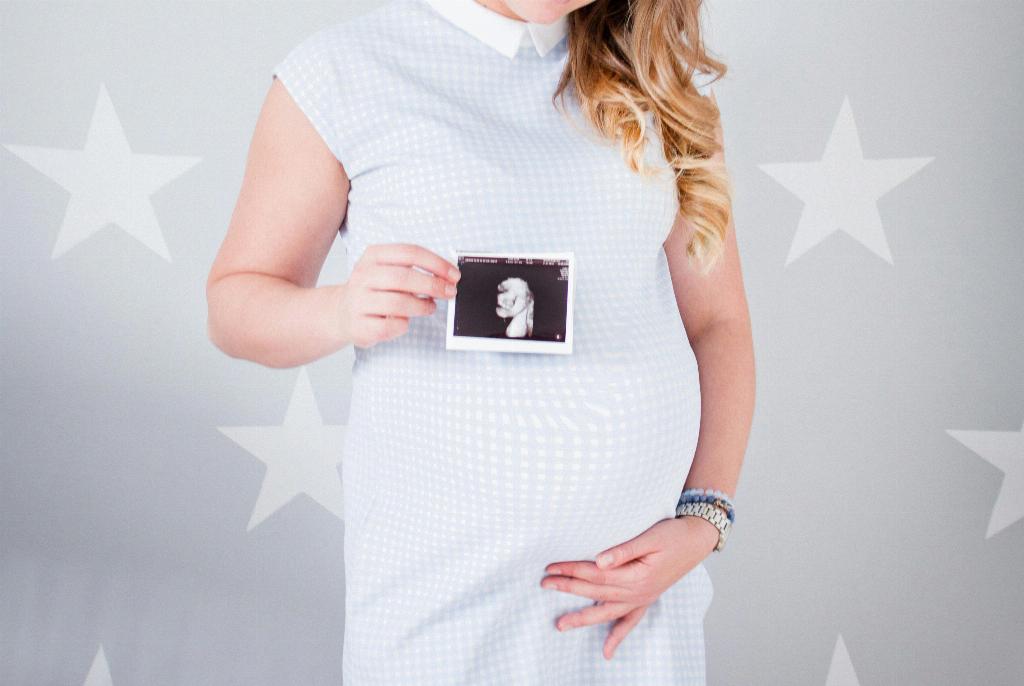When it comes to pregnancy testing, the results can sometimes be confusing and contradictory. One common question that many individuals have is whether a positive pregnancy test can actually be negative. Let’s delve into this topic and shed some light on the complexities of pregnancy test results.
Early Testing Challenges
One primary reason for the discrepancy in pregnancy test results is early testing. In the early stages of pregnancy, hCG levels may not be sufficiently high to be detected by a pregnancy test. As a result, testing too soon after conception can lead to a false negative result, even if pregnancy is actually present.
Rapid hCG Level Changes
After implantation occurs, hCG levels in the body begin to rise rapidly. This means that a negative pregnancy test result obtained one day may turn positive a few days later as hCG levels increase. Therefore, it is indeed possible for a positive pregnancy test to initially show up as negative if tested too early in the process.
Variability in Test Sensitivity
Another factor to consider is the sensitivity of the pregnancy test being used. Some tests are more sensitive and can detect lower levels of hCG in the urine, resulting in earlier positive results. However, using a less sensitive test may lead to a negative result initially, only to be followed by a positive result with a more sensitive test or as hCG levels rise.
Timing of the Test
The timing of the test can also play a significant role in the accuracy of the results. Testing too early or too late in the day can affect the concentration of hCG in the urine, potentially leading to false negative results. It is generally recommended to test in the morning when hCG levels are most concentrated.
Urinary Dilution
Another factor that can impact pregnancy test results is the level of urinary dilution. Consuming large amounts of fluids before taking the test can dilute the hCG in the urine, leading to a false negative result. It is advisable to follow the instructions provided with the test to ensure the most accurate results.
Chemical Pregnancy
In some cases, a positive pregnancy test followed by a negative result may indicate a chemical pregnancy. This term is used to describe a very early miscarriage that occurs before an ultrasound can detect the embryo. The fluctuation in hCG levels associated with a chemical pregnancy can result in seemingly contradictory test results.
Consulting with a Healthcare Provider
If you are experiencing uncertainty or confusion regarding your pregnancy test results, it is crucial to seek guidance from a healthcare provider. They can provide clarity, perform additional tests if necessary, and offer support and advice throughout the pregnancy testing process.
Emotional Impact
Dealing with ambiguous pregnancy test results can be emotionally challenging for individuals hoping to conceive or those facing unexpected pregnancy. It is essential to prioritize self-care and seek emotional support from loved ones or professional counselors to navigate these uncertainties.
Repeat Testing
If you receive conflicting pregnancy test results, it may be beneficial to repeat the test after a few days. This can help monitor changes in hCG levels and provide a clearer picture of your pregnancy status. Consulting with a healthcare provider for further evaluation is recommended in such cases.
Conclusion
In conclusion, the question of whether a positive pregnancy test can actually be negative is nuanced and multifaceted. Factors such as early testing, hCG level dynamics, test sensitivity, and timing can all influence the accuracy of pregnancy test results. By understanding these variables and seeking professional guidance when needed, individuals can navigate the complexities of pregnancy testing with clarity and confidence.

